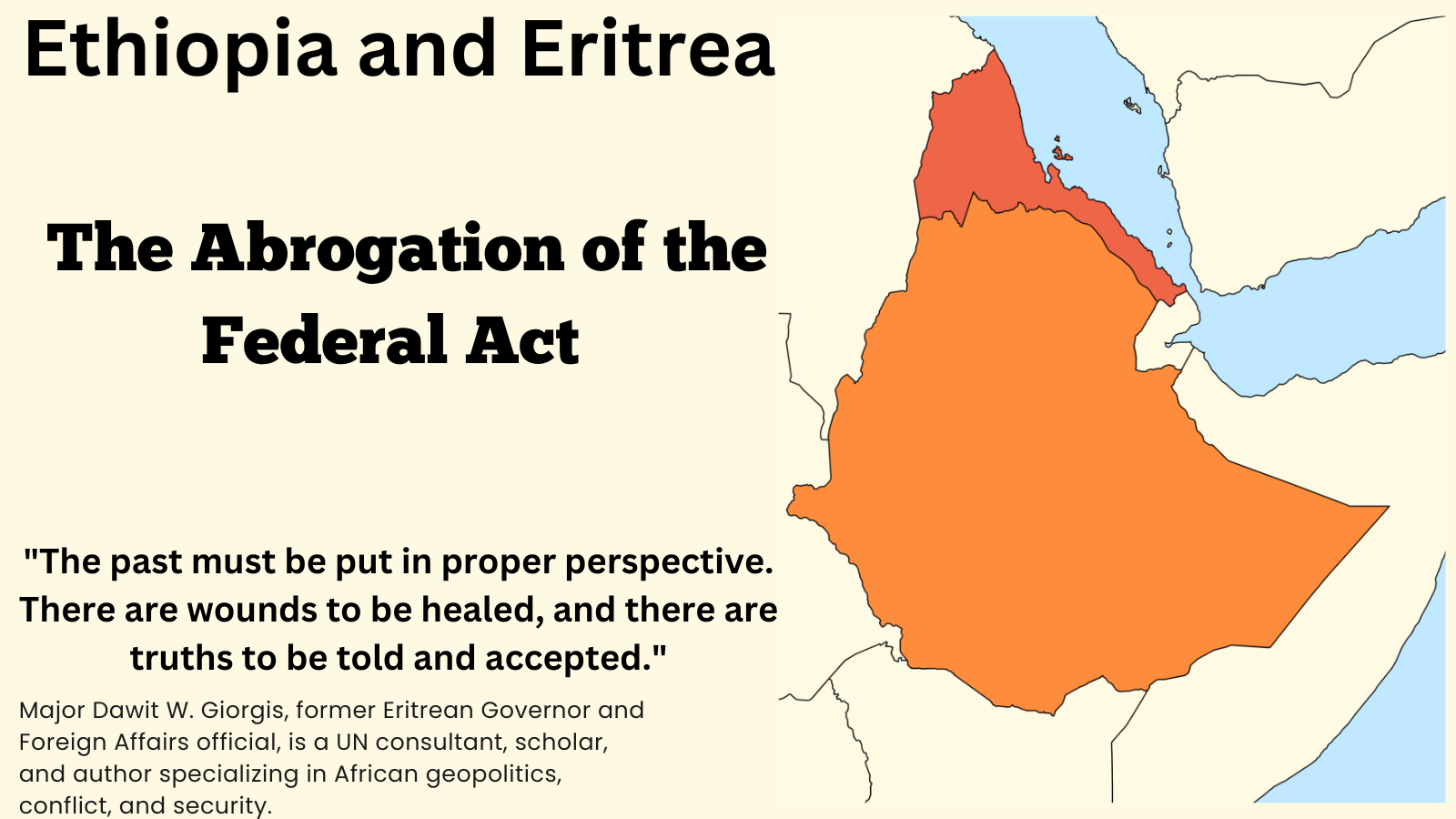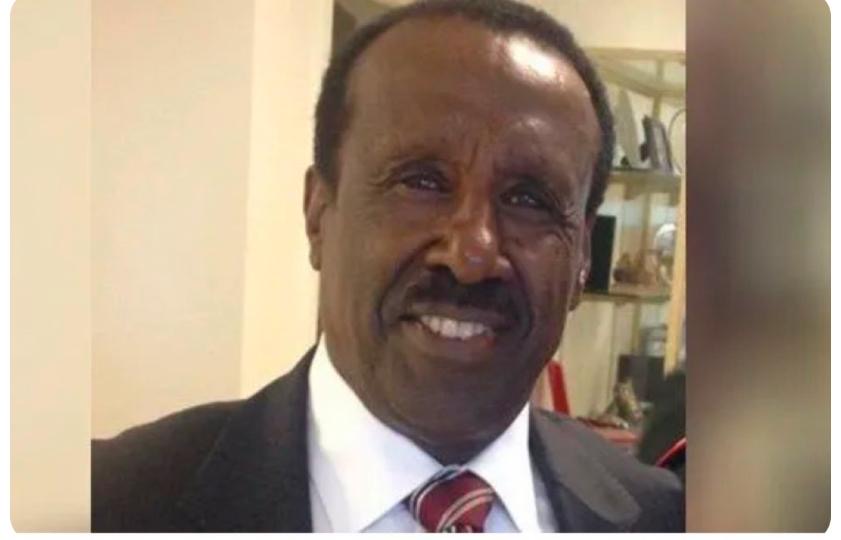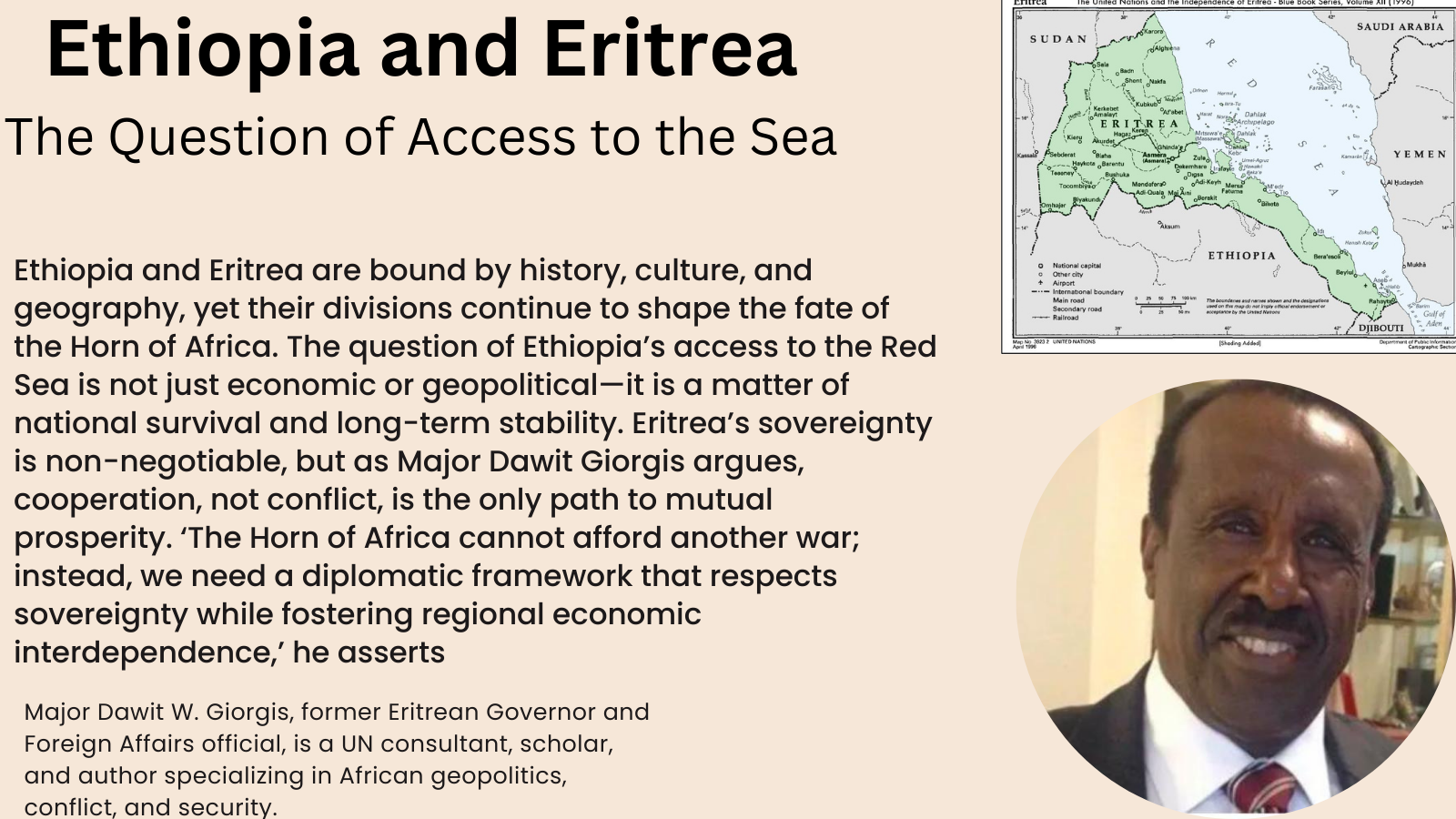Eastern Region to Submit Candidates for African Union Commission Chairperson in Crucial 2025 Elections
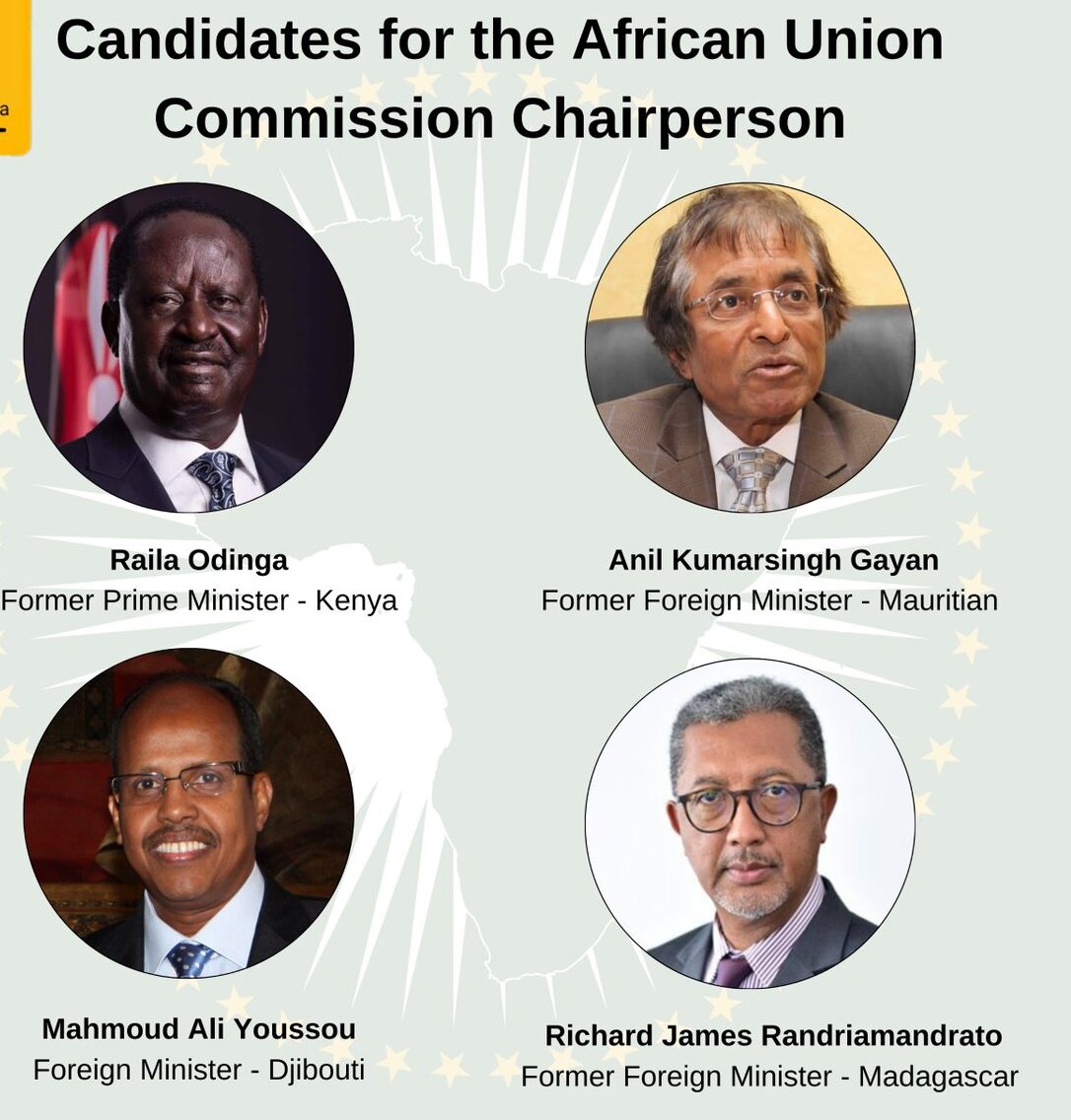
The African Union (AU) is preparing for a crucial election in February 2025 to appoint the next Chairperson of the African Union Commission (AUC). With Moussa Faki Mahamat’s term set to expire, the race to elect a new leader for Africa’s primary continental body has intensified, with four senior African politicians from Djibouti, Kenya, Madagascar, and Mauritius vying for the position.
A Critical Juncture for the AU
The position of the AU Commission Chairperson is highly significant, serving as the chief executive officer of the AU, responsible for driving the administrative, legal, and financial functions of the organization. In addition, the chairperson plays a key role in promoting the AU’s ambitious agenda, which includes economic integration, conflict resolution, and the development of strong partnerships with external stakeholders. The upcoming election comes at a time when Africa is grappling with numerous challenges, including political instability, economic disparity, youth unemployment, and ongoing conflicts in several regions.
The AU, which consists of 55 member states, has been at the forefront of addressing these issues, but it requires a visionary leader who can guide the continent through the complexities of global geopolitics and ensure the successful implementation of the AU’s long-term strategy, the Agenda 2063. With these elections, Africa stands at a crossroads, and the next AUC Chairperson will have the formidable task of shaping the continent’s future.
The Candidates: Djibouti, Kenya, Madagascar, and Mauritius
The four candidates for the AU Commission Chairpersonship are all seasoned politicians with considerable experience in governance and international diplomacy:
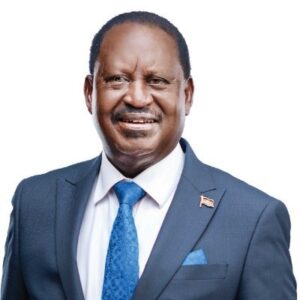
Raila Odinga (Kenya) – A veteran politician and five-time presidential candidate, Raila Odinga is a towering figure in Kenyan and African politics. Known for his advocacy for democracy and economic reforms, Odinga has pledged to bring transformative leadership to the AU. His candidacy has gained significant traction, with the endorsement of Ugandan President Yoweri Museveni. Odinga’s deep political influence and pragmatic approach to governance make him a formidable contender.
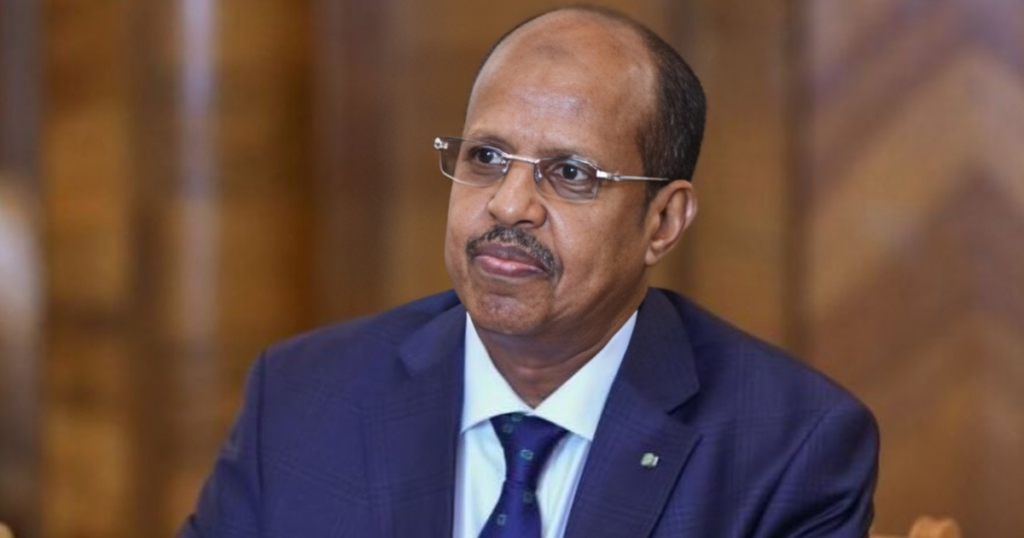
Mahamoud Ali Youssouf (Djibouti) – As Djibouti’s foreign minister since 2005, Youssouf has played a crucial role in enhancing his country’s strategic positioning on the global stage. His bilingual abilities and focus on conflict resolution resonate with the AU’s goal of “Silencing the Guns” across Africa. Youssouf has expressed a strong commitment to fostering unity and peace among AU member states.
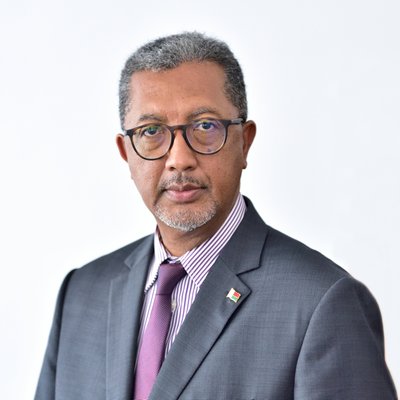
Richard Randriamandrato (Madagascar) – A former foreign minister and finance minister, Randriamandrato is known for his economic expertise and strategic foresight. He brings experience in managing complex economic policies aimed at stabilizing and developing Madagascar’s economy. His background in strategic development projects gives him a clear edge in addressing Africa’s economic challenges.
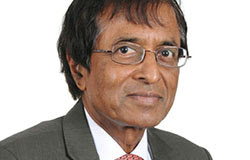
Anil Gayan (Mauritius) – With a long career in foreign affairs and governance, Anil Gayan has represented Mauritius in various international platforms. His experience as a foreign minister and involvement in key African Union observer missions, such as Rwanda’s 2010 elections, reflects his diplomatic acumen. Gayan’s vision for the AU emphasizes industrialization and technological advancement across Africa.
The Election Process and Regional Rotation
The AU Chairperson election is conducted by a secret ballot, with the winner required to secure a two-thirds majority vote among member states. The position is rotated between Africa’s five regions—North, South, East, West, and Central Africa—to ensure balanced representation. Given that previous chairpersons have come from Central, Western, and Southern Africa, the upcoming election is likely to favor candidates from Eastern and Southern regions.
Candidates are required to have held high-ranking positions, such as president, prime minister, or foreign minister, and must demonstrate the ability to manage the complex demands of continental leadership. The incoming chairperson will be tasked with advancing the AU’s vision of a prosperous, integrated, and peaceful Africa.
A Continent in Need of Strategic Leadership
Africa’s challenges are vast, from economic underdevelopment to political instability and growing youth unemployment. The Sahel-Saharan region, in particular, has been plagued by insurgencies and military takeovers, posing a serious threat to regional stability. The AU, under its next leader, will need to address these crises with a robust strategy for conflict resolution, economic growth, and institutional reforms.
The AU’s Agenda 2063, which envisions a peaceful and prosperous Africa, will require the next chairperson to engage with both internal and external stakeholders to ensure its successful implementation. Strengthening partnerships with global powers, advancing the African Continental Free Trade Area (AfCFTA), and addressing the root causes of conflict are just a few of the pressing issues the next chairperson will face.
The Legacy of Moussa Faki Mahamat
Moussa Faki Mahamat, a veteran politician from Chad, has served two terms as the AUC Chairperson since 2017. Under his leadership, the AU made strides in international diplomacy, culminating in Africa’s ascension into the G20. The African Continental Free Trade Area (AfCFTA), which he helped spearhead, promises to create the largest common market in the world, but challenges remain in fully realizing its potential.
Mahamat’s tenure, however, has not been without criticism. Calls for internal reforms within the AU have grown louder, with some arguing that Mahamat’s leadership did not go far enough in addressing the structural weaknesses within the organization. As his tenure comes to an end, the AU is at a critical juncture, and the next chairperson will need to build on Mahamat’s successes while addressing the shortcomings of his administration.
Looking Forward: What’s at Stake?
The 2025 AU Commission elections represent more than just a change in leadership. They offer an opportunity to reimagine Africa’s future, with a leader who can bridge the gaps between economic development, conflict resolution, and institutional reforms. The next chairperson will need to navigate the complex web of regional interests, external pressures, and the aspirations of Africa’s youth to ensure the continent’s continued progress.
With the four candidates now engaged in strategic lobbying across the continent, the stakes are high. The next AUC Chairperson must not only embody the values of the African Union but also possess the vision and pragmatism to drive Africa toward its shared goal of peace, prosperity, and integration.
As the world watches, the outcome of the February 2025 election will shape the trajectory of the African Union and the continent’s future for years to come.

